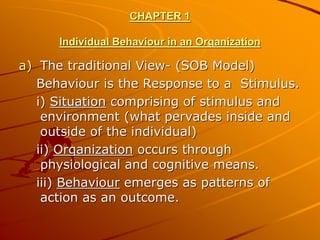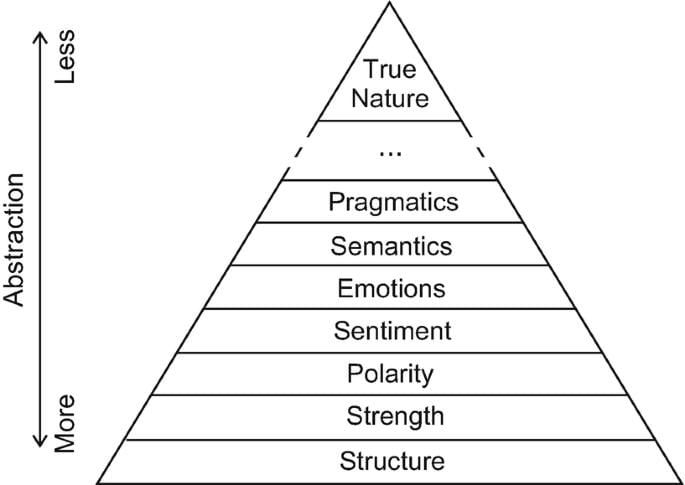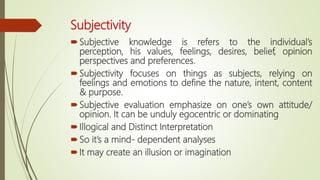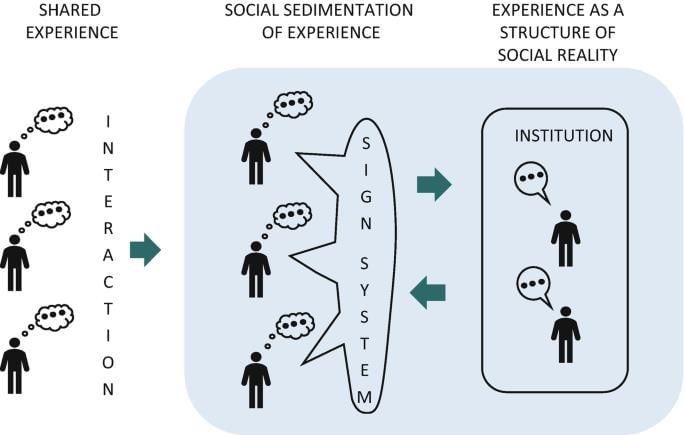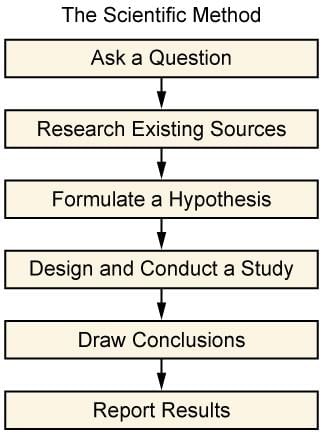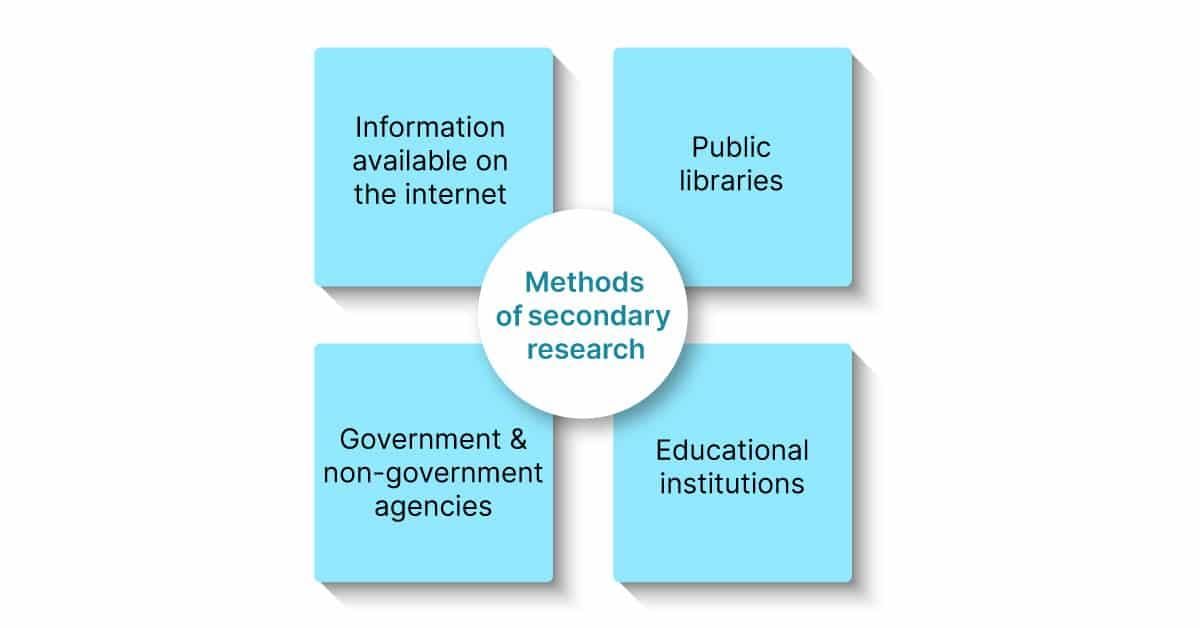|
Card: 4 / 50 |
Sociologists aim to understand the beliefs and attitudes of individuals as well as their observable behaviors in various social activities. |
|
Card: 5 / 50 |
True or False: Sociology only focuses on large organizations and ignores individual behaviors. |
|
Card: 9 / 50 |
Fill in the blank: Sociology helps us understand problems affecting us as individuals and as members of larger ___. |
|
Card: 11 / 50 |
What are the challenges sociologists face in achieving objectivity in their research? |
|
Card: 12 / 50 |
Sociologists face challenges in achieving objectivity due to their personal biases and emotions, as they are part of the society they study. Their perspectives may be influenced by prevailing attitudes towards the social groups they examine. 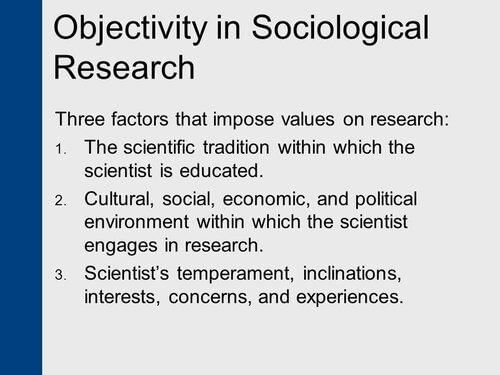 |
|
Card: 13 / 50 |
True or False: Subjectivity in sociology allows for a purely scientific approach to research. |
|
Card: 14 / 50 |
False. Subjectivity introduces personal beliefs and biases, which can hinder the scientific objectivity required in sociological research. 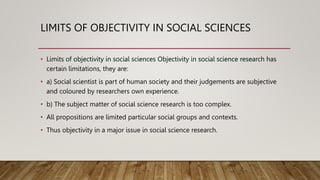 |
|
Card: 15 / 50 |
In the context of sociology, the term 'subjective' refers to ___ and ___ biases. |
|
Card: 18 / 50 |
Sociologists may be influenced by their own social preferences and aversions, especially when studying groups different from their own. |
|
Card: 19 / 50 |
Fill in the blank: To achieve objectivity, sociologists must set aside their ___ and ___ about a matter. |
|
Card: 21 / 50 |
Multiple Choice: Which of the following best describes the relationship between sociology and objectivity? A) Sociology is entirely objective. B) Sociology must strive for objectivity while acknowledging inherent biases. C) Sociology does not require objectivity. D) Sociology is purely subjective. |
|
Card: 24 / 50 |
Self-reflexivity involves adopting an outsider's viewpoint and considering the research through the perspective of others. It requires the researcher to critically examine their own ideas and emotions related to the research topic. 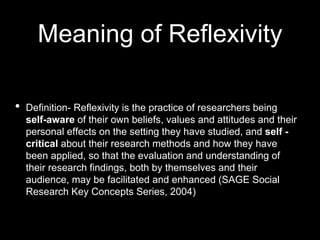 |
|
Card: 25 / 50 |
True or False: Subjectivity in sociological research should be ignored as it can lead to bias. |
|
Card: 26 / 50 |
False. Subjectivity should not be ignored; instead, sociologists should utilize it to decipher meanings that can provide solutions to research inquiries. 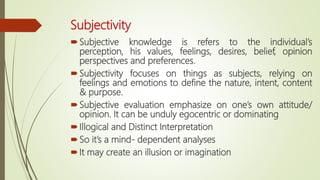 |
|
Card: 27 / 50 |
Sociologists protect themselves from unconscious bias by ___ their own social history. |
|
Card: 29 / 50 |
Identify one way sociologists can address the potential for bias in their research. |
|
Card: 30 / 50 |
By openly disclosing relevant aspects of their own social history that may influence their opinions on the topic being investigated. 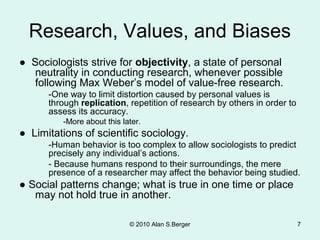 |
|
Card: 31 / 50 |
Fill in the blank: Subjectivity pertains to the cognitive content that originates from the ___ subject. |
|
Card: 34 / 50 |
Quantitative research focuses on variables that can be enumerated or measured.  |
|
Card: 37 / 50 |
True or False: Qualitative research is primarily concerned with variables that can be easily quantified. |
|
Card: 38 / 50 |
False. Qualitative research centers on more elusive variables that are harder to quantify, such as attitudes and emotions.  |
|
Card: 39 / 50 |
What is a key difference between quantitative and qualitative research methodologies? |
|
Card: 40 / 50 |
Quantitative research deals with measurable variables, while qualitative research focuses on understanding complex, non-measurable variables. 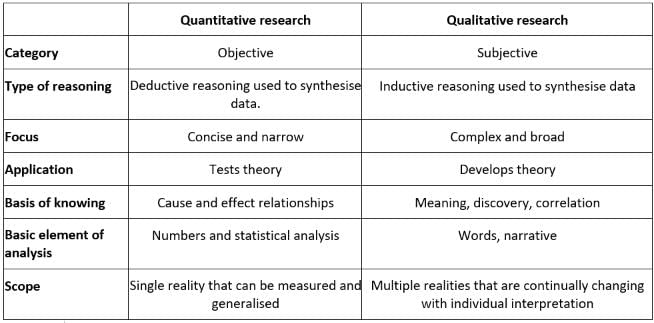 |
|
Card: 41 / 50 |
Debating the superiority of various sociological methods is considered ___ because of the existence of multiple truths. |
|
Card: 49 / 50 |
True or False: Historical methods typically use only primary data collected in the field. |
|
Card: 50 / 50 |
False. Historical methods frequently incorporate secondary material collected in archives.  |





